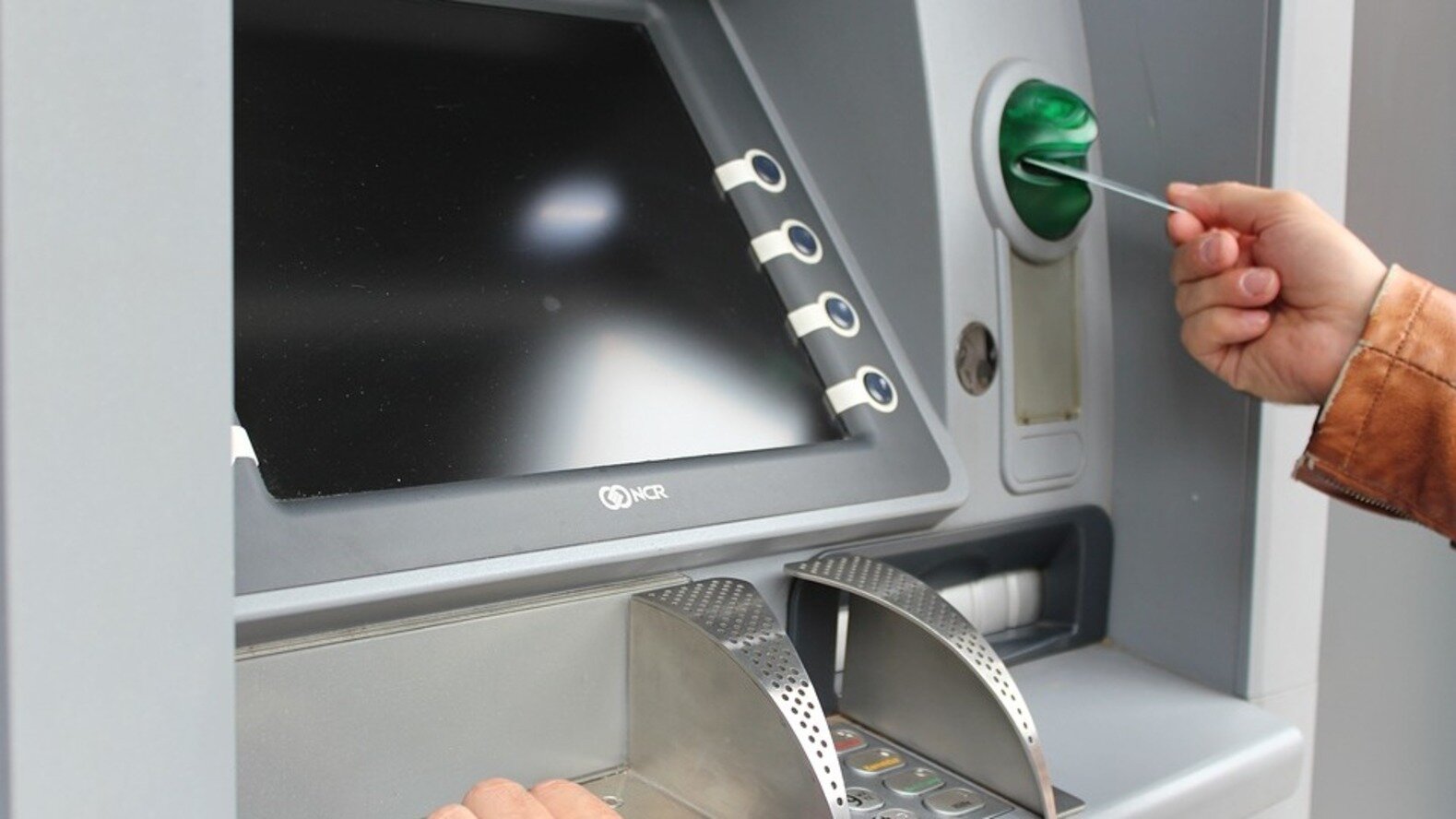Justcash Review
What is a Financial Statement Review?
A financial statement review is a service under which the accountant obtains limited assurance that there are no material modifications that need to be made to an entity's financial statements for them to be in conformity with the applicable financial reporting framework (such as GAAP or IFRS). A review does not require the accountant to obtain an understanding of internal control, or to assess fraud risk, or other types of audit procedures. Consequently, a review does not provide the accountant with assurance that he has become aware of all the significant matters that would normally have been discovered and disclosed in an audit.
The review is more expensive than a compilation and less expensive than an audit. It is preferred by those businesses whose lenders and creditors will allow them to use this approach, thereby saving the cost of a full audit.

Just Cash in Acworth, reviews by real people. Yelp is a fun and easy way to find, recommend and talk about what’s great and not so great in Acworth and beyond.
In a review, management takes responsibility for the preparation and presentation of the entity's financial statements, while the accountant should have a sufficient level of knowledge of both the industry and the entity to review the financial statements.

- Just Cash Bingo is owned by the 888 Group, who boasts of having a global following of 25 million players. Just Cash Bingo is one of the company’s newer ventures, having been launched in 2017. As such, the Just Cash Bingo site looks and feels fresh and modern, with a dark purple and serene blue color scheme.
- At DepositAccounts, check customer reviews for consumer experiences opening, maintaining, and closing accounts. Also note the financial health of the bank, which DepositAccounts judges using a.
Procedures Used in a Financial Statement Review
In a financial statement review, the accountant performs those procedures necessary to provide a reasonable basis for obtaining limited assurance that no material changes are needed to bring the financial statements into compliance with the applicable financial reporting framework. These procedures are more heavily concentrated in areas where there are enhanced risks of misstatement. The types of procedures that would be reasonable to conduct for a review include:
Conduct a ratio analysis with historical, forecasted, and industry results
Investigate findings that appear to be inconsistent
Inquire about the procedures for recording accounting transactions
Investigate unusual or complex situations that may impact reported results
Investigate significant transactions occurring near the end of the accounting period
Follow up on questions that arose during previous reviews
Inquire about material events that occurred after the date of the financial statements
Investigate significant journal entries
Review communications from regulatory agencies
Read the financial statements to see if they appear to conform with the applicable financial reporting framework
Review the management reports of any accountants who reviewed or audited the entity's financial statements in prior periods
There are also a number of review steps that can be utilized in specific areas, such as:
Cash. Are cash accounts being reconciled? Have checks written but not mailed been classified as liabilities? Is there a reconciliation of intercompany transfers?
Receivables. Is there an adequate allowance for doubtful accounts? Are any receivablespledged, discounted, or factored? Are there any non-current receivables?
Inventory. Are physical inventory counts performed? Were consigned goods considered during the inventory count? What cost elements are included in the cost of inventory?
Investments. How are fair values determined for investments? How are gains and losses recorded following the disposal of an investment? How do you calculate investment income?
Fixed assets. How are gains and losses on the disposal of fixed assets recorded? What are criteria for capitalizing expenditures? What depreciation methods are used?
Intangible assets. What types of assets are recorded as intangible assets? Is amortization being appropriately applied? Have impairment losses been recognized?
Notes payable and accrued expenses. Are there sufficient expense accruals? Are loans properly classified?
Long-term liabilities. Are the terms of debt agreements properly disclosed? Is the entity in compliance with any loan covenants? Are loans properly classified as short-term or long-term?
Contingencies and commitments. Are there guarantees to which the entity has committed itself? Are there any material contractual obligations? Are there liabilities for environmental remediation?
Equity. What classes of stock have been authorized? What is the par value of each class of stock? Have stock options been properly measured and disclosed in the financial statements?
Revenue and expenses. What is the revenue recognition policy? Are expenses recorded in the correct reporting period? Have the results of discontinued operations been properly reported in the financial statements?
The preceding list represents a sampling of the review activities that an accountant could engage in.
If the accountant believes that the financial statements are materially misstated, he should perform additional procedures to obtain a limited assurance that there is no need to make material modifications to the financial statements. If the statements are materially misstated, the accountant must choose between disclosing the issue in the report that accompanies the financial statements, or of withdrawing from the review.

Just Cash Review Movie

Just Cash Review Auto

Related Courses
Just Cash Loan App Review
How to Conduct a Review Engagement
How to Conduct an Audit Engagement